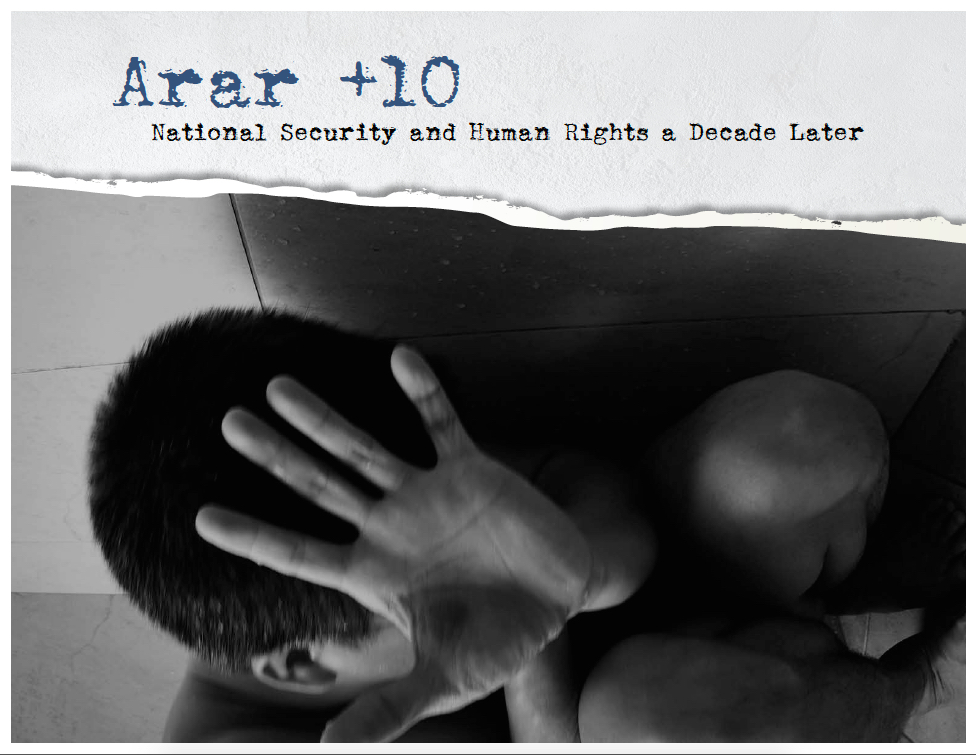 Critical areas where the Canadian government needs to demonstrate commitment to upholding human rights in national security policies and activities were outlined today in a report on the anniversary of the October 2014 “Arar +10” conference.
Critical areas where the Canadian government needs to demonstrate commitment to upholding human rights in national security policies and activities were outlined today in a report on the anniversary of the October 2014 “Arar +10” conference.
Convened at the University of Ottawa on October 29, 2014 by Amnesty International and the International Civil Liberties Monitoring Group, along with the university’s Human Rights Research and Education Centre and Centre for International Policy Studies, “Arar +10” reviewed the state of national security and human rights in Canada a decade after a public inquiry was established to investigate the rendition to Syria and torture of Canadian citizen Maher Arar.
From a range of panels key recommendations emerged.
- National security policy, law and practice must meet Canada’s international human rights obligations.
- Redress, including an apology and compensation, should be provided to Abdullah Almalki, Ahmad Abou-Elmaati, Muayyed Nureddin, Abousfian Abdelrazik, Benamar Benatta and Omar Khadr.
- Increased review and oversight of national security activities is required and legislation should promote integration among review bodies. Robust parliamentary oversight is a necessity.
- Ensuring due process for individuals suspected of being threats to national security prompted a number of recommendations. These included refraining from extending a class privilege over CSIS human informants, eliminating the restrictions on communication about confidential evidence between individuals named in security certificates and special advocates, and repealing the revocation of citizenship powers under the Citizenship Act.
- In the area of immigration, measures need to be taken to ensure that individuals appearing before the Immigration Division of the Immigration and Refugee Board know and are able to meet the case against them.
- The pervasive problem of exclusion, stereotyping and scapegoating of Canadian Muslims needs to be addressed by, among other things, encouraging and multiplying the joint efforts of diverse actors from different sectors of society, notably community leaders and organizations.
- Ensuring rigorous corroboration of information leaked to the media before it is made public, with ethics counsellors providing advice to reporters if there is any uncertainty about publication, as irresponsible and inaccurate reporting on national security activities can have a negative impact on individuals and human rights.
The conference’s recommendations are particularly timely as the new federal government prepares to introduce legal and other reforms reversing or revising national security and citizenship laws and practices.
Read the full report here.
Watch all the videos of the conference.
Since you’re here…… we have a small favour to ask. Here at ICLMG, we are working very hard to protect and promote human rights and civil liberties in the context of the so-called “war on terror” in Canada. We do not receive any financial support from any federal, provincial or municipal governments or political parties. Any donations will go a long way to support our work. On the fence about giving? Check out our Achievements and Gains since we were created in 2002. Thank you for your generosity!
 |
